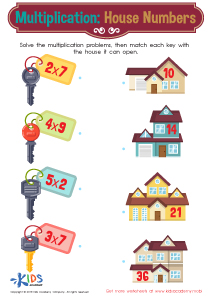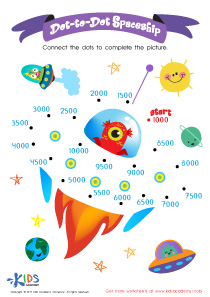Problem-Solving Skills Easy Grade 3 Geometry Worksheets
3 filtered results
-
From - To
Enhance your child's math journey with our "Problem-Solving Skills Easy Grade 3 Geometry Worksheets." These carefully crafted worksheets focus on developing critical thinking and problem-solving abilities through engaging geometric exercises. Perfectly aligned with grade 3 standards, they feature fun and interactive activities designed to improve understanding of geometric shapes, spatial reasoning, and logical thinking. Our worksheets provide practical problems that motivate young learners and foster a love for math. Ideal for classroom use or at-home practice, these worksheets make mastering geometry concepts enjoyable and accessible. Boost your third grader's confidence and competence in math today!
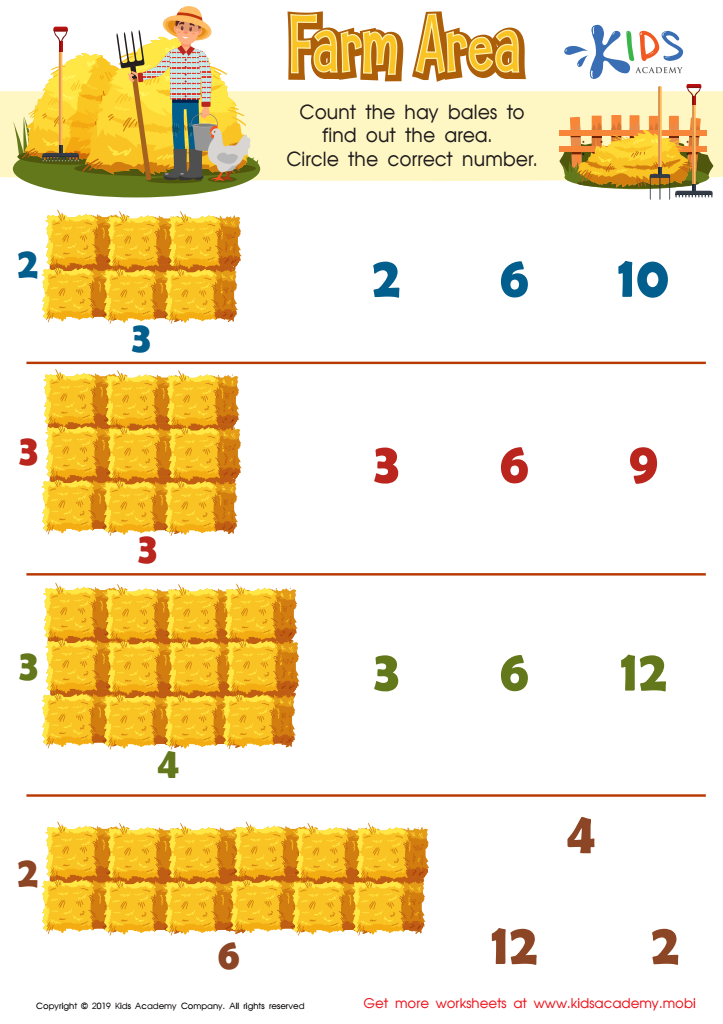

Farm Area Worksheet
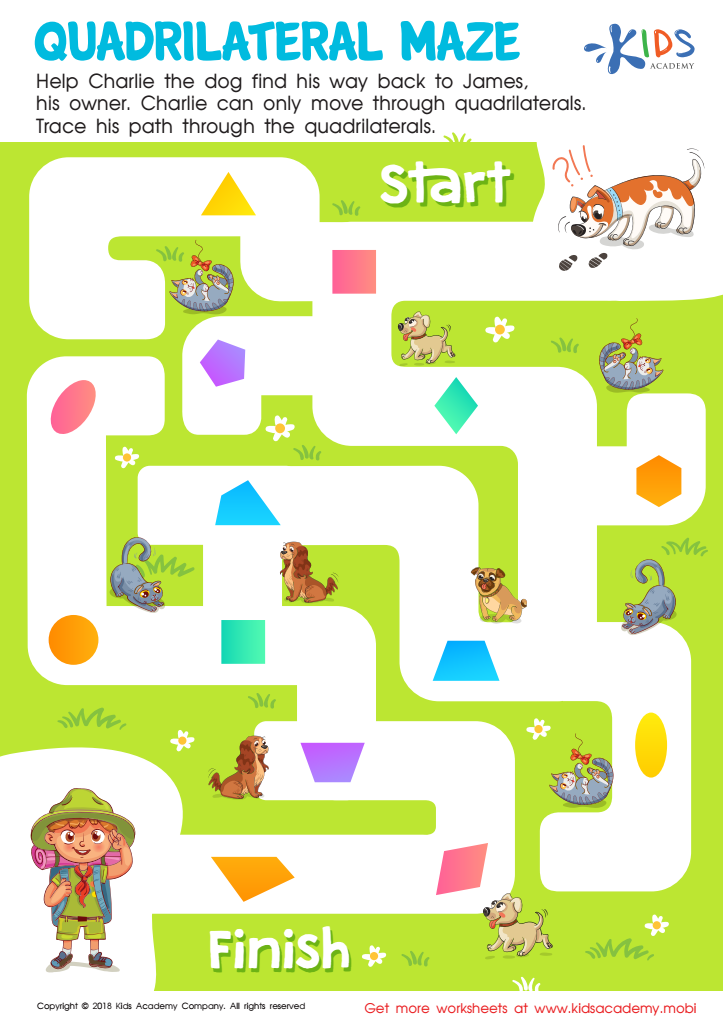

Quadrilateral Maze Worksheet
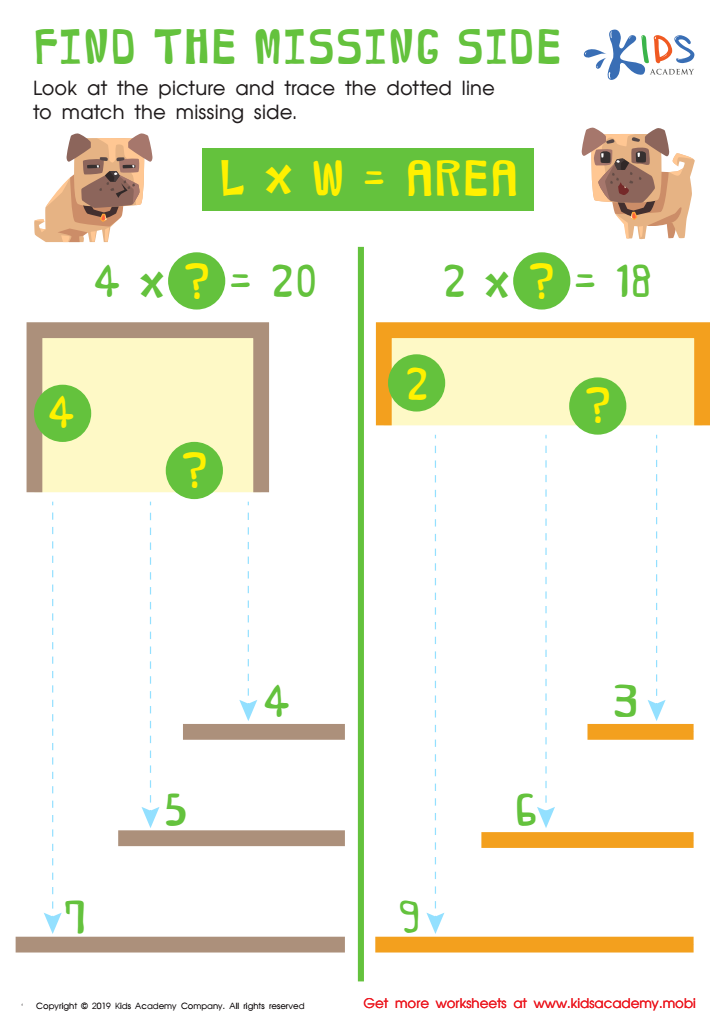

Find the Missing Side Worksheet
Parents and teachers should pay close attention to developing problem-solving skills in early grade 3 geometry because these skills are foundational for academic success and practical life. At this stage, children are naturally curious and developing essential cognitive abilities. Introducing them to basic geometric concepts like shapes, sizes, and spatial understanding enhances their analytical and critical thinking.
Problem-solving in geometry helps children understand the world around them in terms of patterns and structures, fostering their spatial reasoning. These skills are not only crucial for success in mathematics but also in science, technology, engineering, and even creative subjects like art and design. Real-world tasks such as reading maps, organizing spaces, or understanding patterns in nature all involve geometric problem-solving.
Moreover, engaging in problem-solving tasks promotes perseverance and resilience. When faced with a challenging geometric puzzle or problem, children learn to try different approaches and strategies, enhancing their adaptability and persistence. This mindset is invaluable, extending beyond academics toward everyday challenges and lifelong learning.
Therefore, focusing on problem-solving skills through grade 3 geometry can provide a strong foundation for a child’s future learning and problem-solving abilities, setting them up for varied academic pursuits and equipping them with skills essential for future career pathways and personal growth.
 Assign to My Students
Assign to My Students











